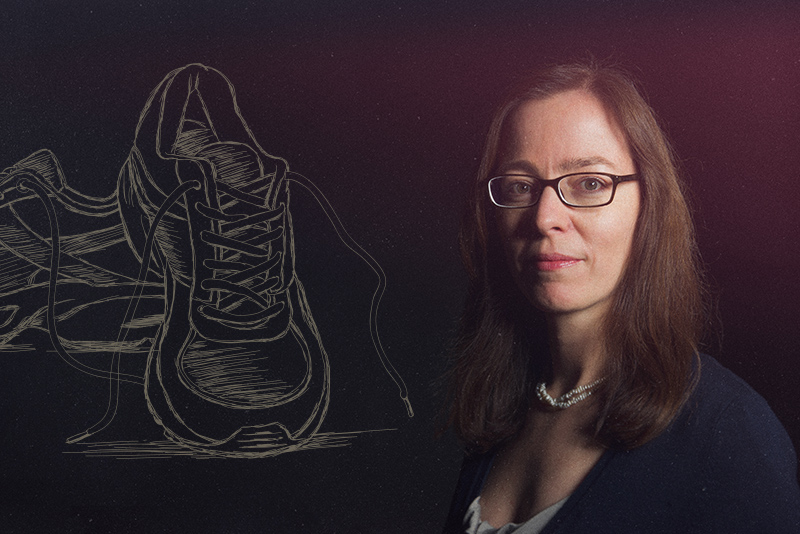
Issue Archives
Bostonia is published in print three times a year and updated weekly on the web.


Summer 2018

Winter-Spring 2018

Fall 2017

Summer 2017

Winter-Spring 2017

Fall 2016

Summer 2016

Winter-Spring 2016

Fall 2015

Summer 2015

Winter-Spring 2015

Fall 2014

Summer 2014

Winter-Spring 2014

Fall 2013

Summer 2013

Winter-Spring 2013

Campaign 2012

Summer 2012

Winter-Spring 2012

Fall 2011

Summer 2011

Winter-Spring 2011

Fall 2010

Summer 2010

Winter-Spring 2010

Fall 2009

Summer 2009

Spring 2009

Winter 2009














Related Stories
New Test for Alzheimer’s Risk?
MED profs’ study: Slow gait and weak grip help predict brain disease
BU Alzheimer’s Disease Center Wins $5.4 Million NIH Grant
Will fund research on early diagnostics, genetic risk factors, interventions
$1.49 Million from NIH for Prof’s Alzheimer’s Start-Up
Research taps Klotho protein’s potential to protect against neurodegenerative disease
Post Your Comment